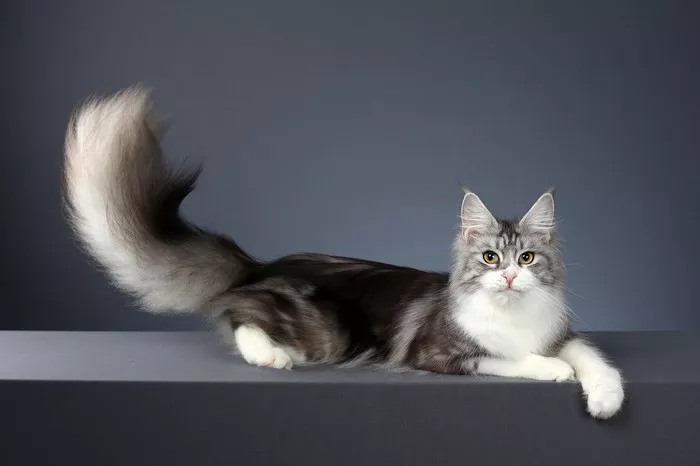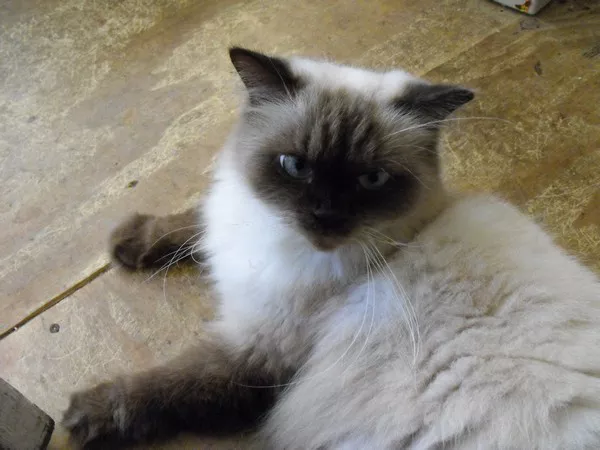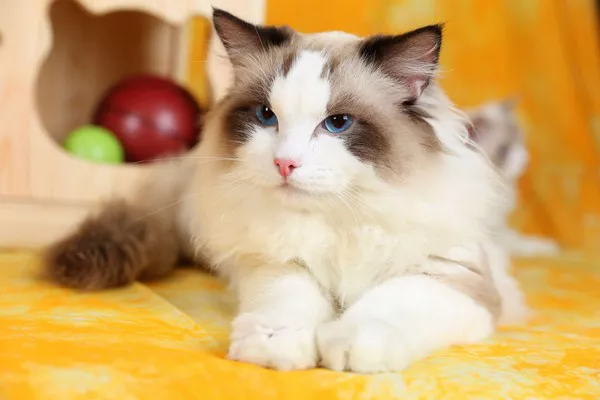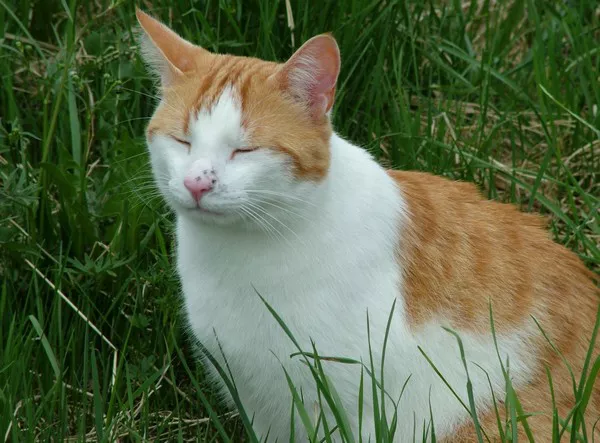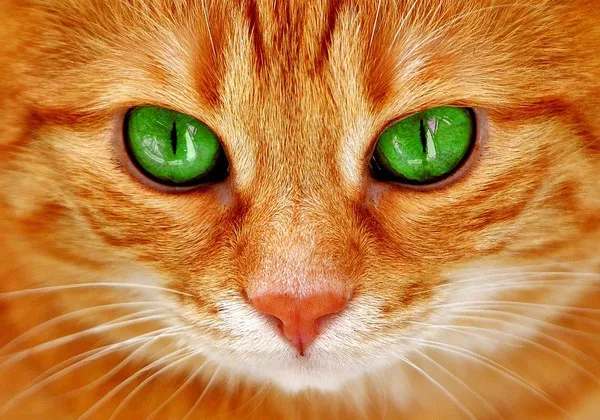Maine Coon cats are renowned for their large size, striking appearance, and gentle demeanor. As one of the largest domesticated cat breeds, Maine Coons require a specialized diet to support their unique nutritional needs and maintain optimal health. In this comprehensive guide, we explore how much a 20-pound Maine Coon should eat, along with feeding tips to ensure your beloved feline friend stays happy and healthy.
Understanding Your Maine Coon’s Nutritional Needs: Unraveling the Dietary Requirements
Unique Dietary Needs
Maine Coon cats have distinct dietary requirements due to their large size, muscular build, and active lifestyle. As obligate carnivores, they rely on a diet rich in animal-based protein to thrive, along with essential vitamins, minerals, and nutrients to support overall health and well-being.
Caloric Intake
The amount of food a 20-pound Maine Coon should eat depends on various factors, including age, activity level, metabolism, and individual metabolism. As a general guideline, a healthy adult Maine Coon weighing 20 pounds may require approximately 400-600 calories per day to maintain their weight and energy levels.
Determining Portion Sizes: Finding the Right Balance
Portion Control
When determining how much to feed your 20-pound Maine Coon, it’s essential to practice portion control and monitor their caloric intake to prevent obesity and maintain a healthy weight. Divide your cat’s daily caloric requirements into multiple meals throughout the day to support proper digestion and metabolism.
Feeding Guidelines
Aim to provide high-quality, species-appropriate cat food formulated specifically for Maine Coons or large-breed cats. Choose a balanced diet that includes a combination of lean protein sources, healthy fats, complex carbohydrates, and essential nutrients to meet your Maine Coon’s nutritional needs.
Feeding Tips for Maine Coons: Enhancing Mealtime Experience
Offering Variety
Introduce variety into your Maine Coon’s diet by rotating between different flavors, textures, and brands of cat food. This helps prevent boredom, ensures a balanced nutrient intake, and encourages healthy eating habits.
Supplementing with Fresh Foods
Consider supplementing your Maine Coon’s diet with fresh, whole foods such as cooked lean meats, fish, eggs, and small amounts of fruits and vegetables. These natural foods provide additional nutrients, hydration, and enrichment for your cat’s diet.
Hydration is Key
Ensure your Maine Coon has access to fresh, clean water at all times to support proper hydration and kidney function. Consider providing a water fountain or multiple water bowls throughout your home to encourage drinking and prevent dehydration, especially in larger cats like Maine Coons.
Monitoring Your Maine Coon’s Weight: Keeping Tabs on Health
Regular Weigh-Ins
Monitor your Maine Coon’s weight regularly to track their progress and ensure they maintain a healthy body condition. Use a digital scale designed for weighing cats and record their weight at consistent intervals to detect any changes over time.
Body Condition Score
Evaluate your Maine Coon’s body condition score using visual and tactile cues to assess their overall health and weight. Aim for a body condition score of 4-5 on a scale of 1-9, where 1 represents emaciation, 5 represents ideal weight, and 9 represents obesity.
Consulting with a Veterinarian: Seeking Professional Guidance
Individualized Recommendations
Consult with your veterinarian to develop a personalized feeding plan tailored to your Maine Coon’s specific needs, preferences, and health status. Your vet can provide guidance on portion sizes, dietary supplements, and nutritional requirements based on your cat’s age, weight, activity level, and any underlying health conditions.
Health Check-Ups
Schedule regular wellness exams for your Maine Coon to monitor their overall health, address any concerns, and discuss nutrition and dietary management. Your veterinarian can assess your cat’s weight, body condition, and nutritional status, and make recommendations for adjustments to their diet as needed.
Conclusion: Nurturing Your Maine Coon’s Well-Being
In conclusion, providing proper nutrition and feeding your 20-pound Maine Coon requires careful consideration of their unique dietary needs, portion sizes, and feeding habits. By understanding their nutritional requirements, practicing portion control, offering variety in their diet, monitoring their weight and body condition, and seeking guidance from a veterinarian, you can ensure your Maine Coon receives the nourishment they need to thrive and enjoy a long, healthy life. With attentive care and a balanced diet, your majestic Maine Coon will continue to grace your home with their presence and bring joy to your heart for years to come.

